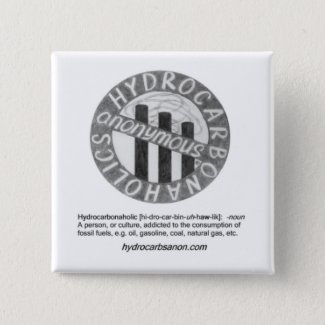Doh! Originally Published: Sunday, May 4, 2008
Accidentally deleted (the dog did it!); restored here for posterity.
Gasoline is bumping $4/gallon on the west coast and you can feel the country scream. John McCain and Hilary Clinton have joined hands to propose a Gas Tax Pander Moratorium. Truckers have dieseled into DC to protest the high cost of fuel, which is also blamed for the inexorable rise of prices in general and food prices in particular.
And this is. . . I’ll whisper it from under my bed, where people are less likely to find me: a good thing.
I’m not a disciple of Adam Smith and The Market Triumphant; I don’t believe that free markets solve all problems; but you might as well deny gravity as argue against the way in which prices send signals. We change course—put a greater emphasis on conservation, invest more in alternative means of energy production, shift what we buy and where it comes from—when it becomes too expensive to maintain our present course.
The intersection between environmental policy and energy policy is arguably the greatest market failure of our (or perhaps all) time. It’s been a collision of “fast” signals and “slow” signals: We get sticker shock at the pump and want lower fuel prices NOW; the environmental impact of our (mis)use of energy is TOMORROW. We don’t seem to be wired to deal effectively with slow threats: when a car is coming you jump out of the way; when an iceberg is coming you tend to stand and gawk.
TOMORROW is the hydrocarbonaholic’s friend, as it is the friend of any addict.
Just one more tank, man! Just need it to get going today. Gonna cut back starting tomorrow. Really—c’mon man, I’m hurtin’ here!
I will squeal like a stuck pig at $5/gallon gasoline. It’s going to make me do even more things that will be difficult and expensive. I know it’s going to be worse for people with fewer options: driving older, bigger cars that they can’t afford to trade in; stuck with even longer commutes; mass transit not an option.
We ought to do what we can to buffer the people who will be hit hardest, to give them breathing space, perhaps a five year energy rebate that declines over time, going down fifteen percent a year until it’s phased out, to encourage people to adjust.
Meanwhile, we need to raise the efficiency of our cars (as we become less reliant on them); we need to live in smaller footprint communities that put more of what we need in walking, biking, or busing distance; we need to (re)build mass transit; we need to reconnect to more local products.








No comments:
Post a Comment